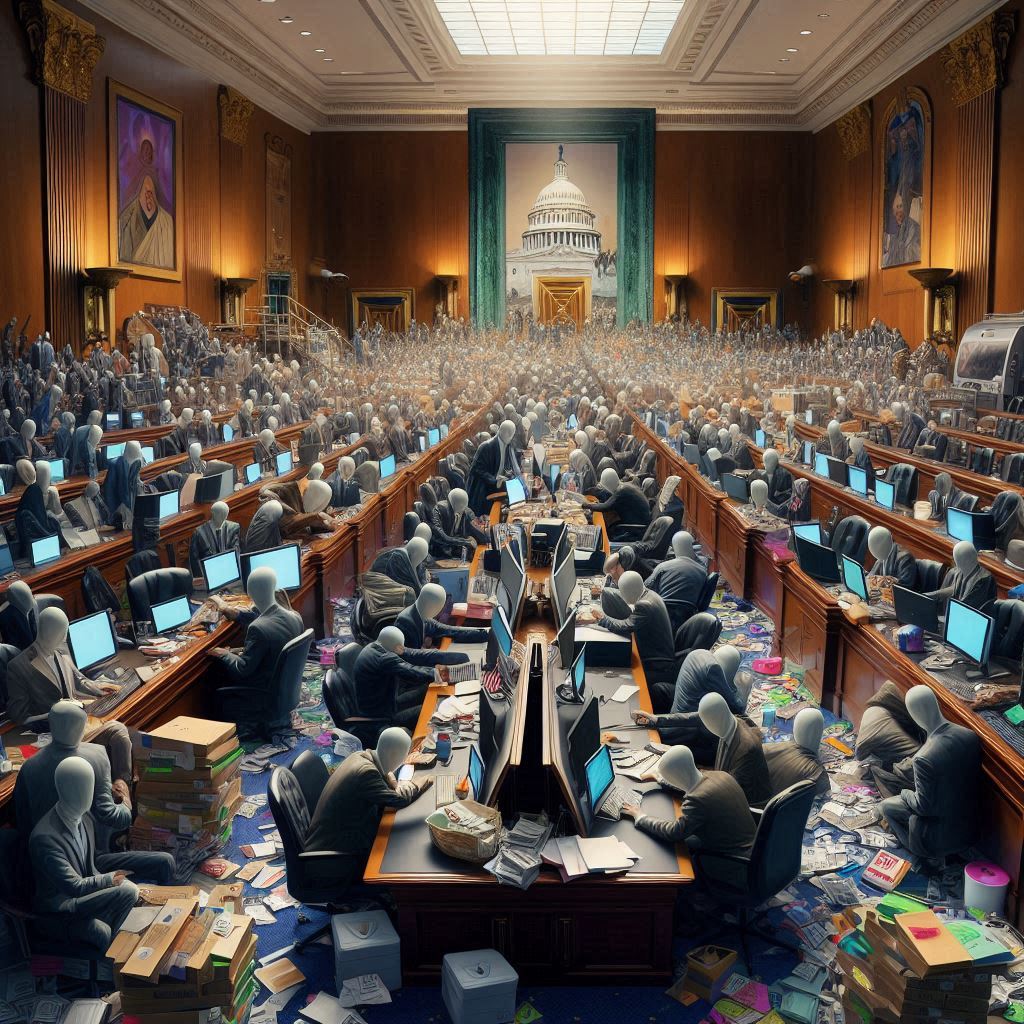
Five prominent Senate Democrats have sent a letter to OpenAI CEO Sam Altman, demanding clarification on the company's safety protocols and employment practices. The letter, signed by Senators Brian Schatz, Ben Ray Luján, Peter Welch, Mark Warner, and Angus King, follows recent reports questioning OpenAI's dedication to its stated goals of safe and responsible AI development.
The senators stress the importance of AI safety for national economic competitiveness and geopolitical standing, highlighting OpenAI's partnerships with the U.S. government and national security agencies to develop cybersecurity tools. “National and economic security are among the most important responsibilities of the United States Government, and unsecure or otherwise vulnerable AI systems are not acceptable,” the letter states.
The lawmakers have requested detailed information by August 13, 2024, on several critical areas, including:
OpenAI’s commitment to dedicating 20% of its computing resources to AI safety research.
The company's stance on non-disparagement agreements for current and former employees.
Procedures for employees to raise cybersecurity and safety concerns.
Security protocols to prevent theft of AI models, research, or intellectual property.
Adherence to its Supplier Code of Conduct regarding non-retaliation policies and whistleblower channels.
Plans for independent expert testing and assessment of OpenAI’s systems pre-release.
Commitment to making future foundation models available to U.S. Government agencies for pre-deployment testing.
Post-release monitoring practices and learnings from deployed models.
Plans for public release of retrospective impact assessments on deployed models.
Documentation on meeting voluntary safety and security commitments to the Biden-Harris administration.
The inquiry addresses recent controversies surrounding OpenAI, including reports of internal disputes over safety practices and alleged cybersecurity breaches. The senators specifically ask whether OpenAI will “commit to removing any other provisions from employment agreements that could be used to penalize employees who publicly raise concerns about company practices.”
This congressional scrutiny comes amid increasing debate over AI regulation and safety measures. The letter references voluntary commitments made by leading AI companies to the White House last year, framing them as "an important step towards building this trust" in AI safety and security.